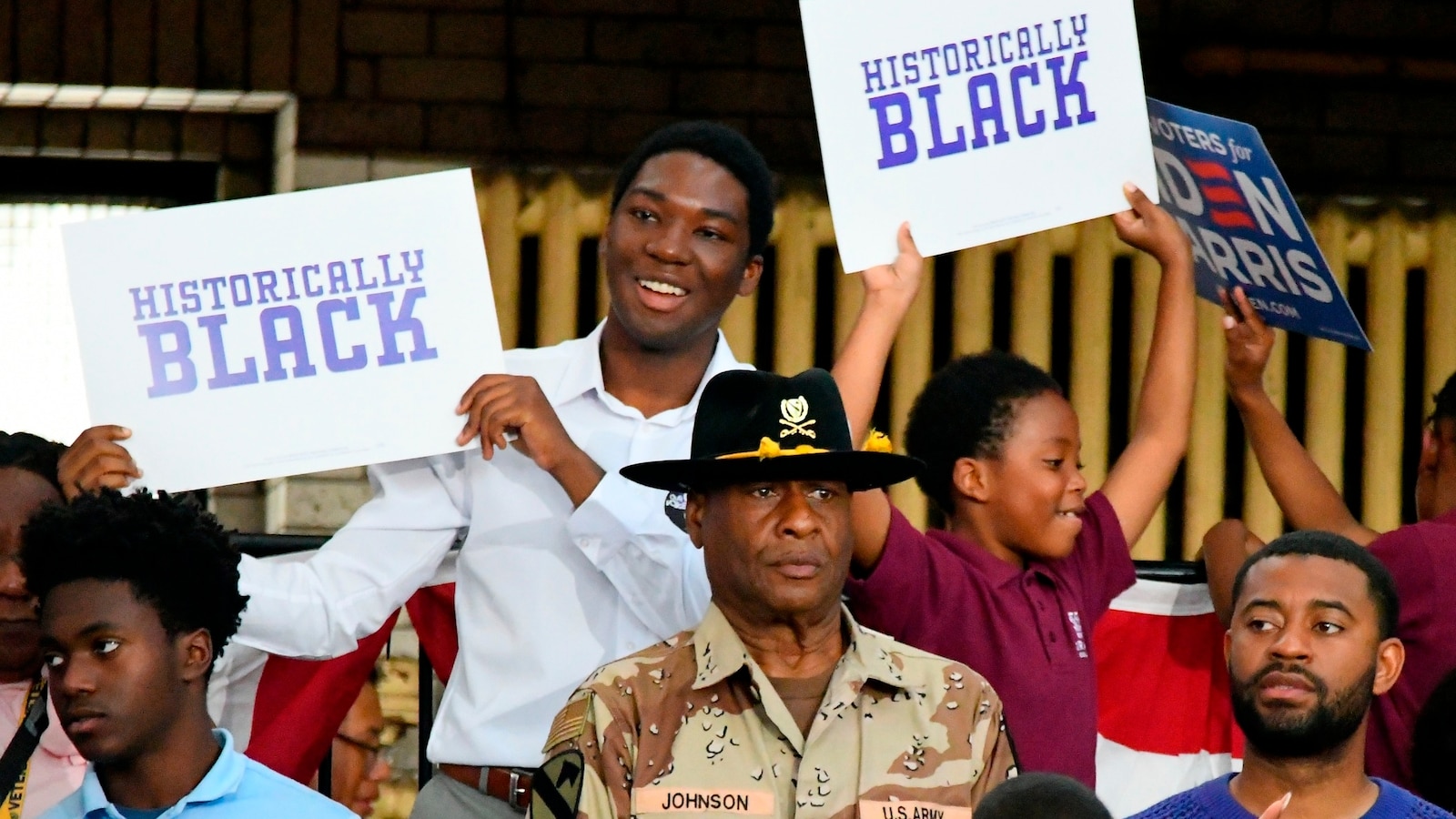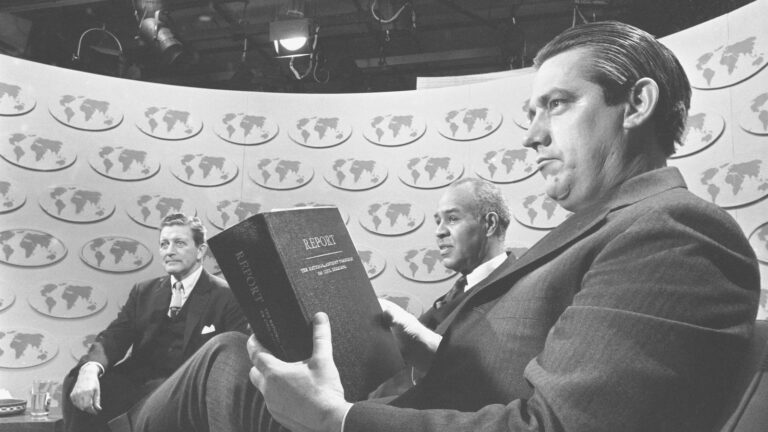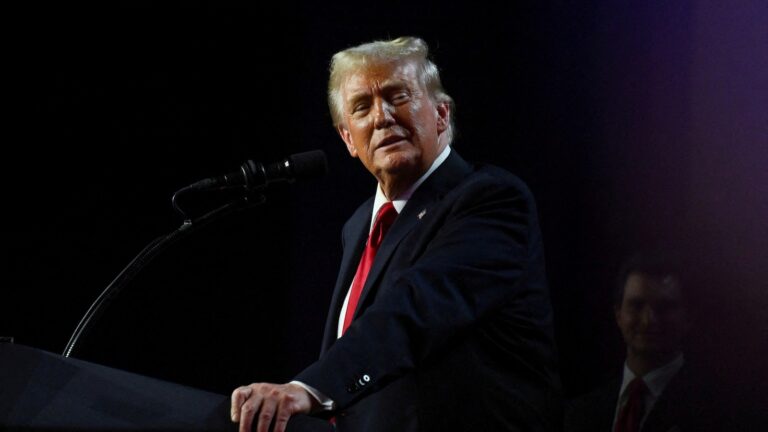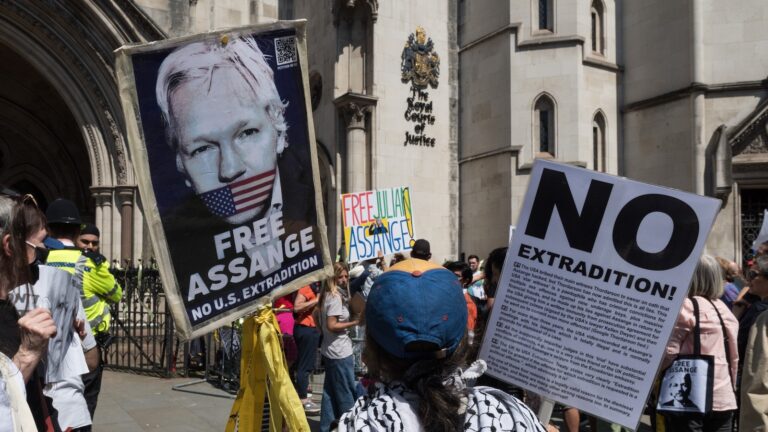Black men ask, “What am I voting for?” as they battle frustration
As the presidential election draws closer, Black men across the country are grappling with a sense of frustration and uncertainty. Many are questioning the significance of their vote and wondering if their voices will truly be heard in the political process.
One of the key issues causing this frustration is the lack of clear and meaningful representation for Black men in the political arena. Despite making up a significant portion of the population, Black men often feel overlooked and marginalized by politicians and policymakers. They are tired of being treated as a monolithic voting bloc and want to be seen as individuals with unique perspectives and concerns.
In addition, many Black men are disillusioned with the political system as a whole. They feel that their votes don’t make a difference and that politicians are more interested in serving their own interests than in addressing the needs of the community. This sense of disillusionment has led to apathy and disengagement from the political process.
However, there is also a growing sense of urgency among Black men to make their voices heard in this election. The ongoing protests against police brutality and systemic racism have ignited a renewed sense of activism and a desire for change. Black men are increasingly recognizing the power of their vote and are determined to use it to push for meaningful reform.
But the question remains: what are Black men voting for? Many feel that the current political landscape offers little in the way of real solutions to the issues facing their communities. They want to see concrete policies that address police violence, economic inequality, and access to healthcare and education.
As they navigate these complex issues, Black men are turning to community organizations and grassroots movements for guidance and support. These organizations are working to mobilize and empower Black men to become more engaged in the political process and to advocate for their own interests.
Ultimately, Black men are asking for more than just a vote – they are demanding to be seen, heard, and represented in the political arena. As they continue to battle frustration and uncertainty, they are also finding strength and solidarity in their shared struggle for justice and equality. And as they head to the polls in November, they are determined to make their voices heard and to bring about the change they so desperately seek.






